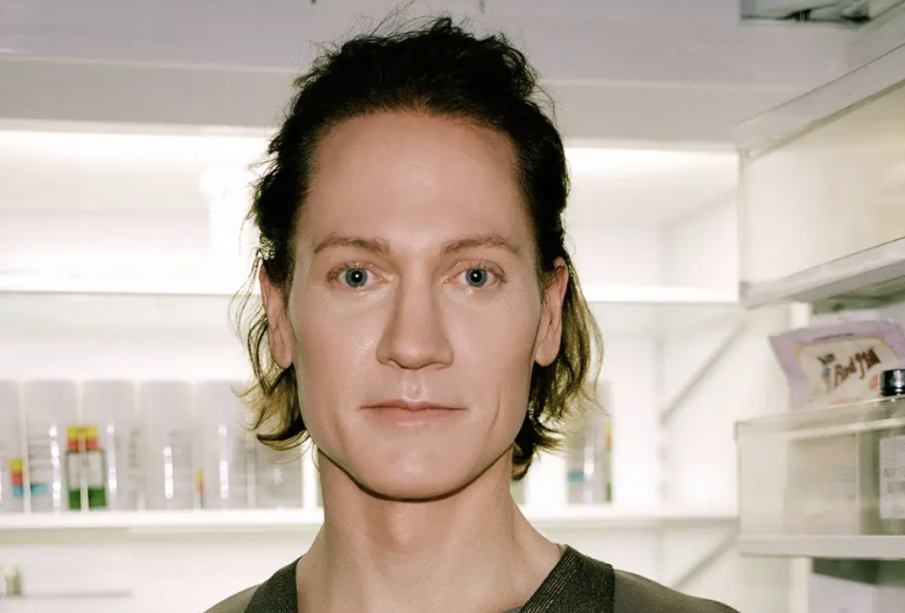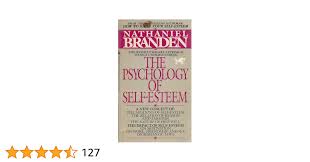The Revolutionary Health Journey of Bryan Johnson

Introduction
Bryan Johnson, an acclaimed tech entrepreneur and founder of Kernel, has captured global attention with his radical approach to health and wellness. His attempts to pursue advanced longevity and reverse aging have prompted discussions around biohacking and cutting-edge technology. As more individuals become interested in health optimization, Johnson’s initiatives serve as a critical case study into the intersection of technology and personal health.
Bryan Johnson’s Health Regimen
In numerous interviews and public appearances, Bryan Johnson has detailed his intensive daily programme designed to improve his physical and mental health. Recently, he has shared that he follows a strict regimen including a tailored diet, regular exercise, and brain-training practices. Notably, he reportedly consumes a plant-based diet, engages in various forms of exercise, and utilizes technologies developed by Kernel to monitor cognitive health.
His dedication to longevity is highlighted by his goal of reducing his biological age, which he claims has been successfully decreased by several years through meticulous monitoring and lifestyle choices. Johnson has publicly stated that he believes in the potential for humans to fundamentally change their health outcomes through science and technology.
Current Developments and Public Reception
In recent months, Bryan Johnson’s health practices have ignited curiosity not only among health enthusiasts but also sceptics. Various media outlets have featured Johnson, framing him as a modern-day ‘real-life superhero’ who is daring to push the boundaries of human health. At the same time, this has raised ethical questions regarding the implications of biohacking and access to such technologies.
Moreover, as part of the larger discourse surrounding health and wellness industries, experts are beginning to study the potential societal impacts of one individual’s health journey. Researchers are particularly interested in how Johnson’s experiences might translate into broader health initiatives or innovations accessible to the general population.
Conclusion
Bryan Johnson’s health journey not only raises exciting questions about the future of human longevity and well-being but also challenges conventional understanding of age and health. As technology continues to advance, Johnson’s collaborations and findings may pave the way for new health paradigms that prioritise youthfulness and vitality. While his journey is fraught with controversy, it undoubtedly beckons a new era where health and technology are more intertwined, offering readers a glimpse into possibilities that could reshape our understanding of life itself.









